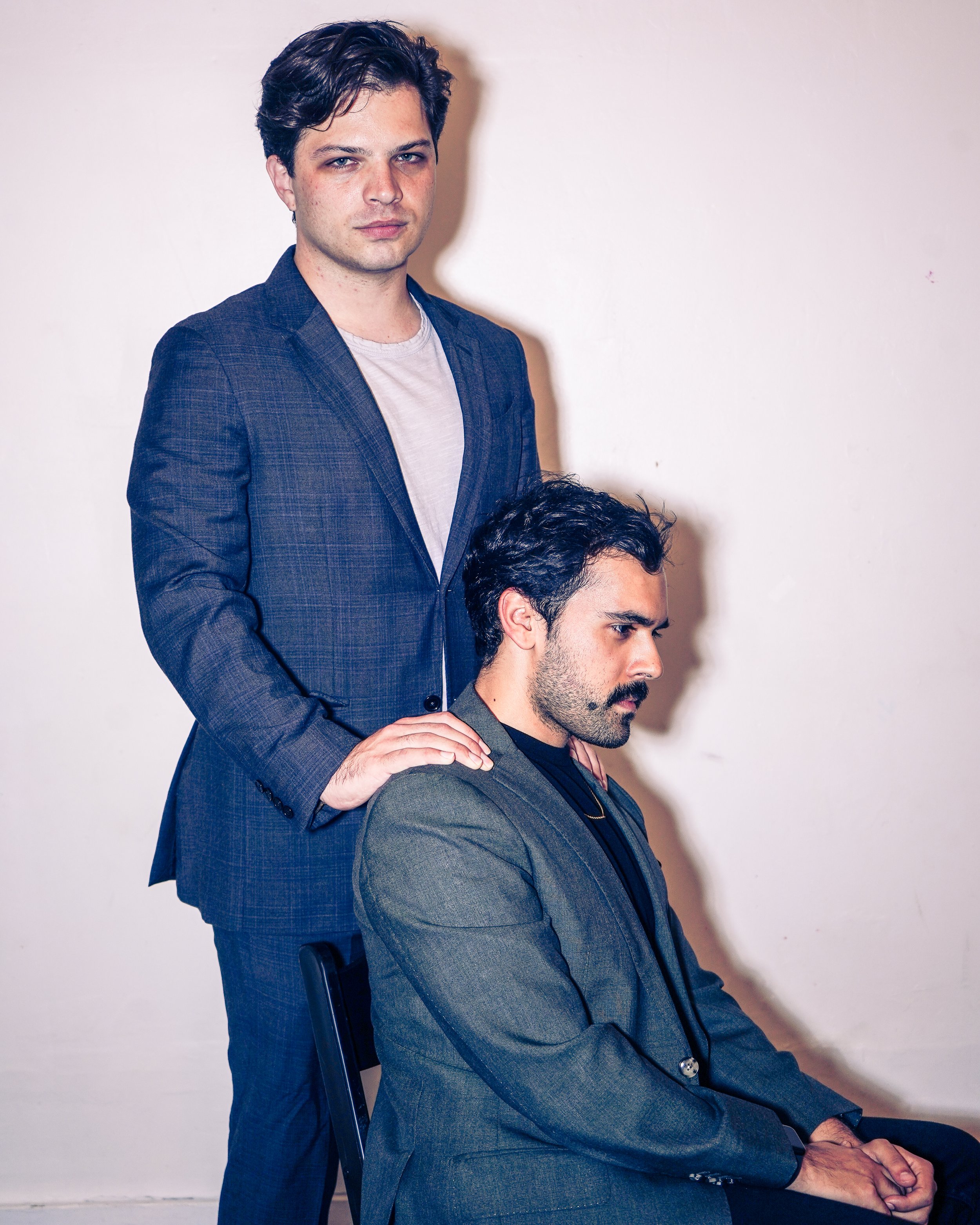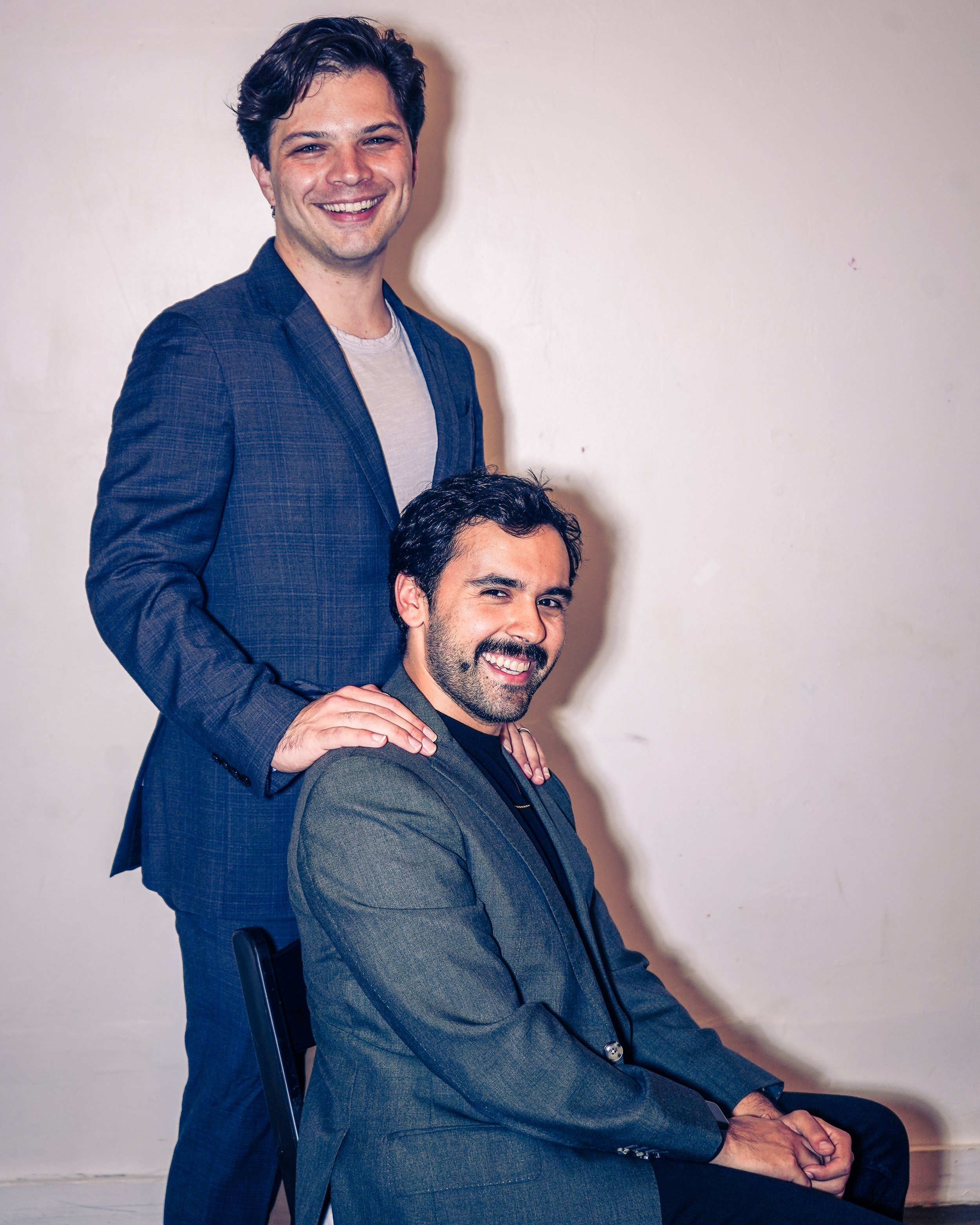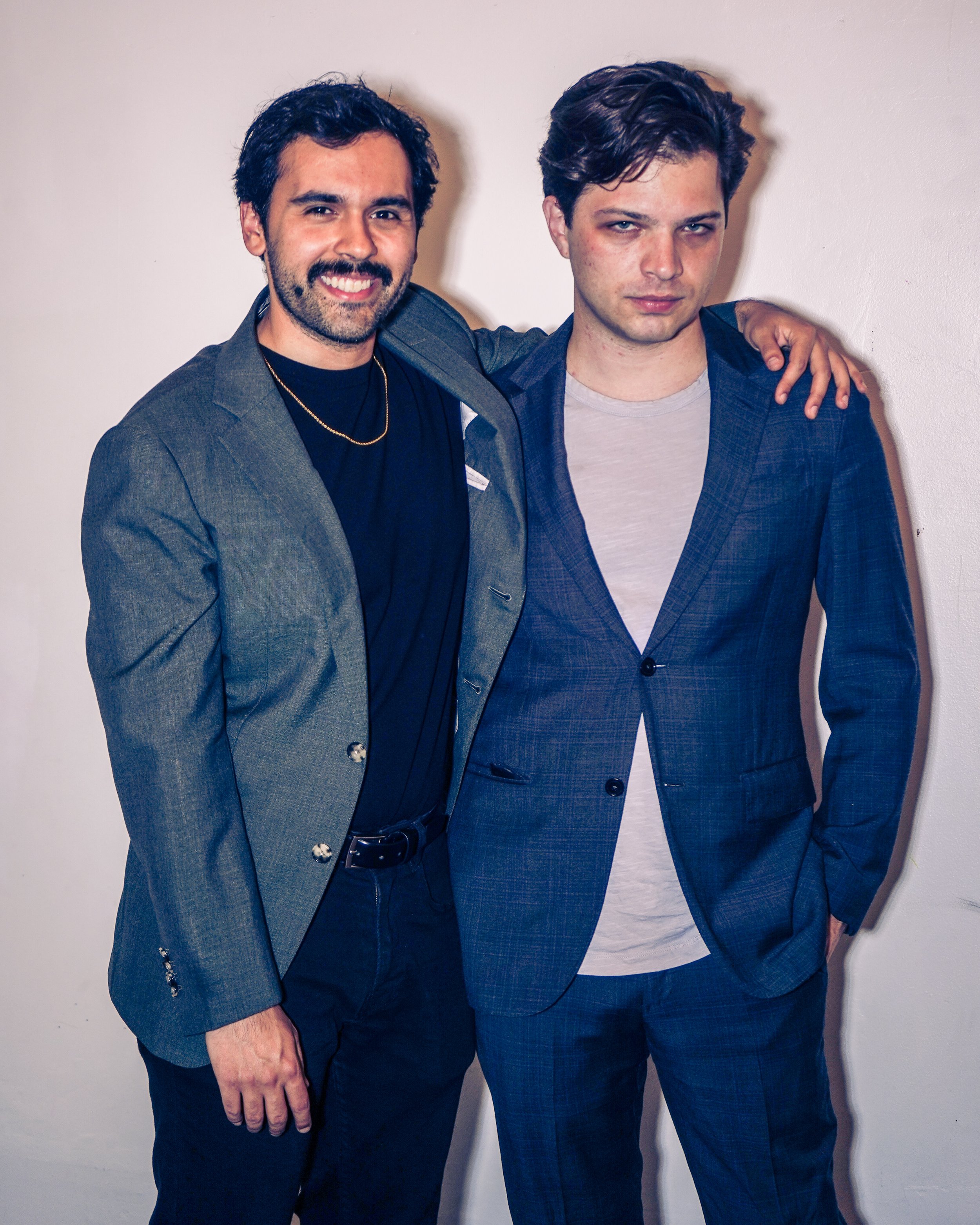What Else Is True?
DIRECTOR’S NOTE
JAKE BECKHARD | Director
“Our friend David has written this play about a really specific kind of bright-burning, hard-to-name love. It’s the love a group has for one another, and for the group itself, and for all the things the group could be. It’s a love that is a shared fiction: the story of Us. And all it takes for it to go away is for someone to stop believing the story. What usually happens, and what I’d argue happens here, is that for some people, the story of Me just becomes louder, more important, more real.
It’s a little inevitable, and it happens in so many ways. It happens when the desires people have become more real than what’s around them. It also happens when people, especially people socialized in the deeply rooted whiteness of it all, come crashing into rooms with their Me over and over again, causing harm and expecting to be thanked.
But (and) it also happens sometimes as a simple, unfortunate side effect of growth. You meet your friends at the exact moment you need them. You grow. You think it’ll last forever. It doesn’t. You grow. You keep going, knowing you owe a certain amount of everything you are to people you might never speak to again. You save the photos. The group ends. Yes, and.”
ADAM COY | Director
“This piece transports me back to the time when your friends are the most important piece of your life, responsibility is creeping in but still on the horizon. Some of these images are from my time on a college improv team and running a student theatre company, dancing with leadership for the first time and spending most of your hours in fluorescent rooms with no windows. Falling in love with your best friend and being so scared to disrupt the harmony of spending all day together. Slowly those tethers unravel, what was fun has become work, and that time that felt like it would last forever is a memory.
What begins the unraveling? What Else is True explores the ways in which people take up space and claim power. In the world of comedy, at a private university, and in our industry is an inherent and deeply rooted whiteness. With exceptional nuance, What Else is True shows the way in which well intentioned people cause irreparable harm. “






